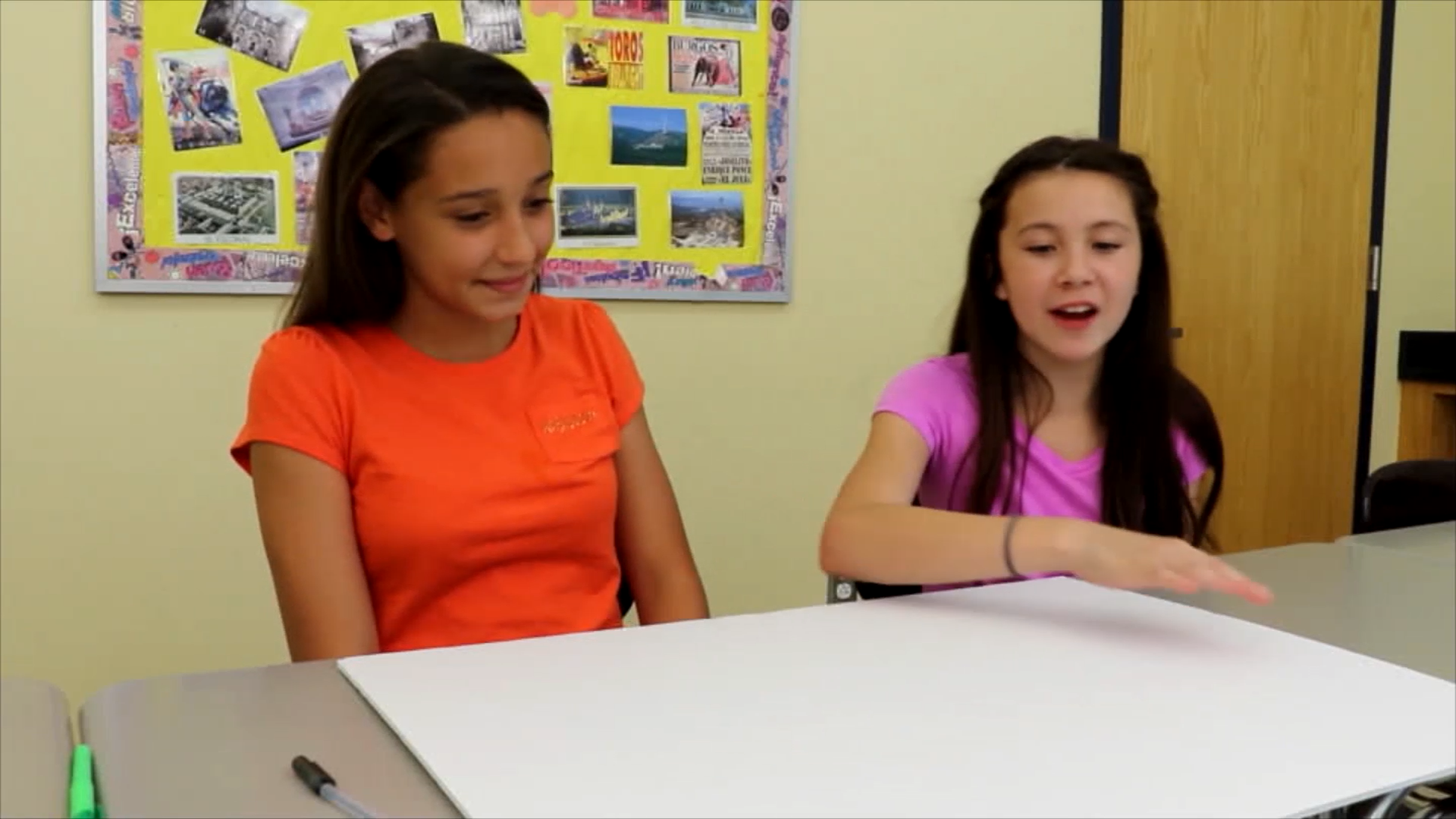
As educators, fostering a positive classroom environment is essential for the social-emotional development of our students. In this blog post, we will focus on the importance of respect and active listening in the classroom, with an emphasis on Special Education settings. We will provide a no-prep activity, discussion questions, and related skills to help students develop these essential qualities.
Introduction
Respect and active listening are important skills that contribute to healthy relationships and effective communication. They play a vital role in creating an inclusive and supportive classroom environment. By teaching students to listen attentively and show respect for the ideas and feelings of others, we help them develop empathy and understanding, which are crucial for their overall social-emotional growth.
No-Prep Activity: Picture This
This no-prep activity is designed to encourage students to practice respect and active listening by sharing and responding to each other’s ideas in a supportive manner. Here’s how it works:
- Divide the students into pairs or small groups.
- Ask each student to think of an idea for a classroom display or project, such as a big title with photos all around.
- Have each student share their idea with their partner or group, taking turns to listen and respond respectfully.
- Encourage the listeners to provide positive feedback and ask questions, showing that they value the speaker’s ideas.
- After everyone has shared, discuss as a class the importance of listening and showing respect during the activity.
Discussion Questions
These discussion questions are designed to stimulate further conversations about respect and active listening:
- Why is it important to listen carefully and show respect when others are speaking?
- How did it feel to share your ideas in the activity? How did it feel to listen to others’ ideas?
- What are some strategies you can use to show respect and actively listen when others are speaking?
- How can practicing respect and active listening help to create a more inclusive and supportive classroom environment?
- Can you think of a situation outside of the classroom where respect and active listening would be important?
Related Skills
In addition to respect and active listening, there are several other social-emotional skills that can help students thrive in the classroom and beyond. Some of these skills include:
- Empathy: Understanding and sharing the feelings of others.
- Effective communication: Expressing thoughts and feelings clearly and respectfully.
- Collaboration: Working together in a group to achieve a common goal.
- Conflict resolution: Resolving disagreements in a respectful and constructive manner.
- Self-awareness: Recognizing one’s own emotions, strengths, and areas for growth.
Next Steps
Now that you have explored the importance of respect and active listening in the classroom, we encourage you to continue your journey in fostering a positive learning environment for your students. For additional resources and free samples of skill-building activities, please visit Everyday Speech’s sample materials page. Here, you can access a variety of tools and strategies to help your students develop essential social-emotional skills.

